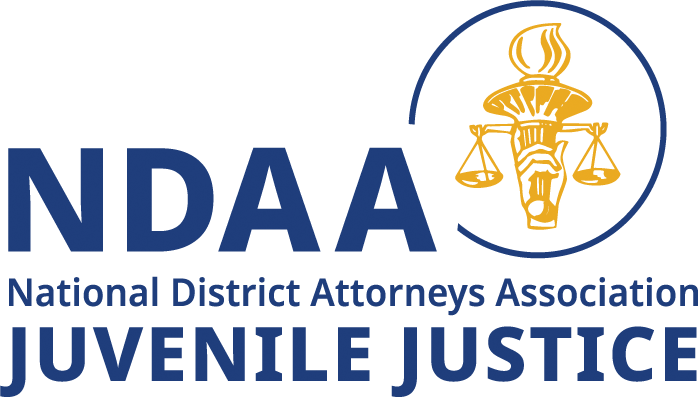Purpose
These policy positions were developed to strengthen and support the work of juvenile prosecution. They are designed to be read in conjunction with NDAA’s National Prosecution Standards, Fourth Edition (2023), Section V, Juvenile Justice. While every state has its own juvenile code/statute, these policy positions can be used to guide decision-making at each stage of a case and to ensure that outcomes for youth and communities are fair, just, and equitable. These policy positions can also be used to inform local policies and guidelines. Recognizing juvenile prosecution as a specialized and critical practice not only helps prosecutors but also elevates the practice of juvenile law.
Goals of Prosecution
- Principle: The primary duty of a prosecutor is to seek justice while fully and faithfully representing the interests of the state.
- Principle: Prosecutors have a duty to give effect to the purpose clause of the juvenile code in their jurisdictions.
- Principle: Prosecutors are encouraged to adopt a balanced consideration of community safety, the youth’s accountability to victims and communities, and the rehabilitative and treatment needs of the youth.
- Principle: Prosecutors should seek to resolve juvenile prosecutions as quickly as possible, without compromising due process, fairness, and thoroughness.
Commentary
Support for these policies can be found in the NDAA National Prosecution Standards, Fourth Edition (2023), the American Bar Association Model Rules of Professional Conduct (2023), and in the National Council of Juvenile and Family Court Judges, Enhanced Juvenile Justice Guidelines (2019) cited below. These policies promote fairness, balance, accountability, and efficiency in juvenile cases.

